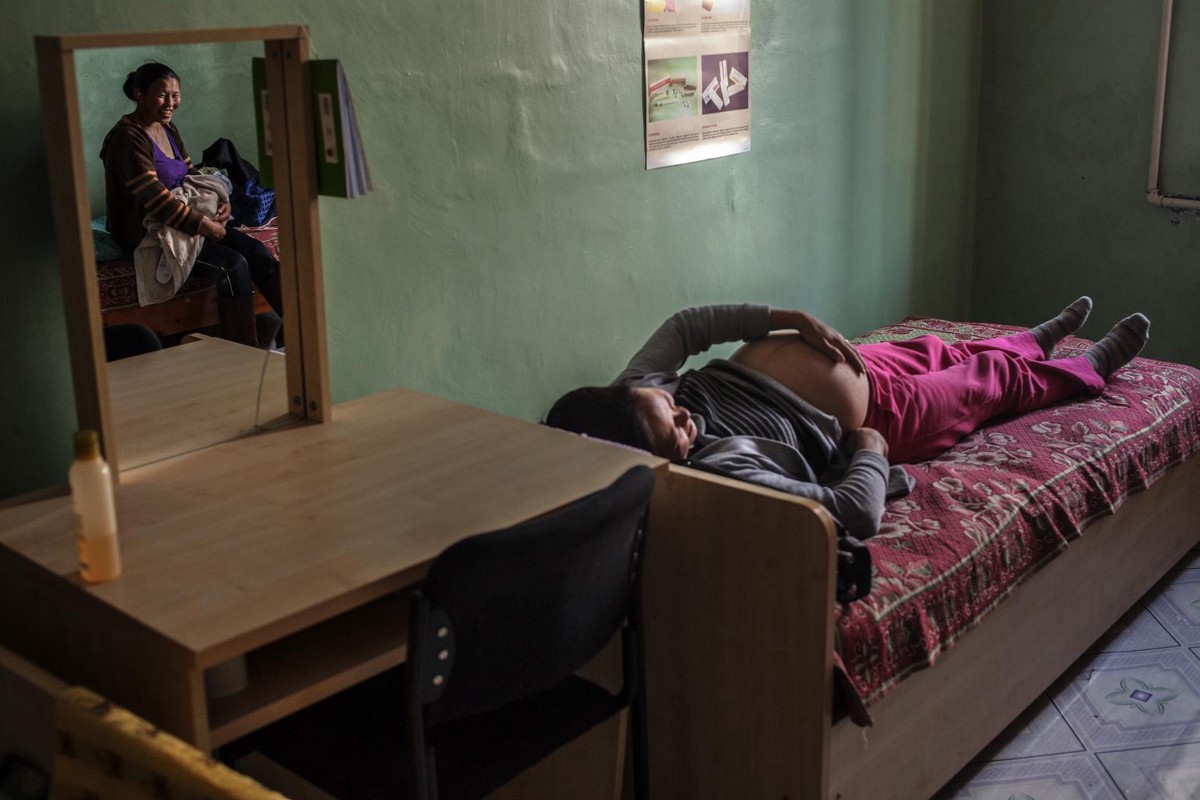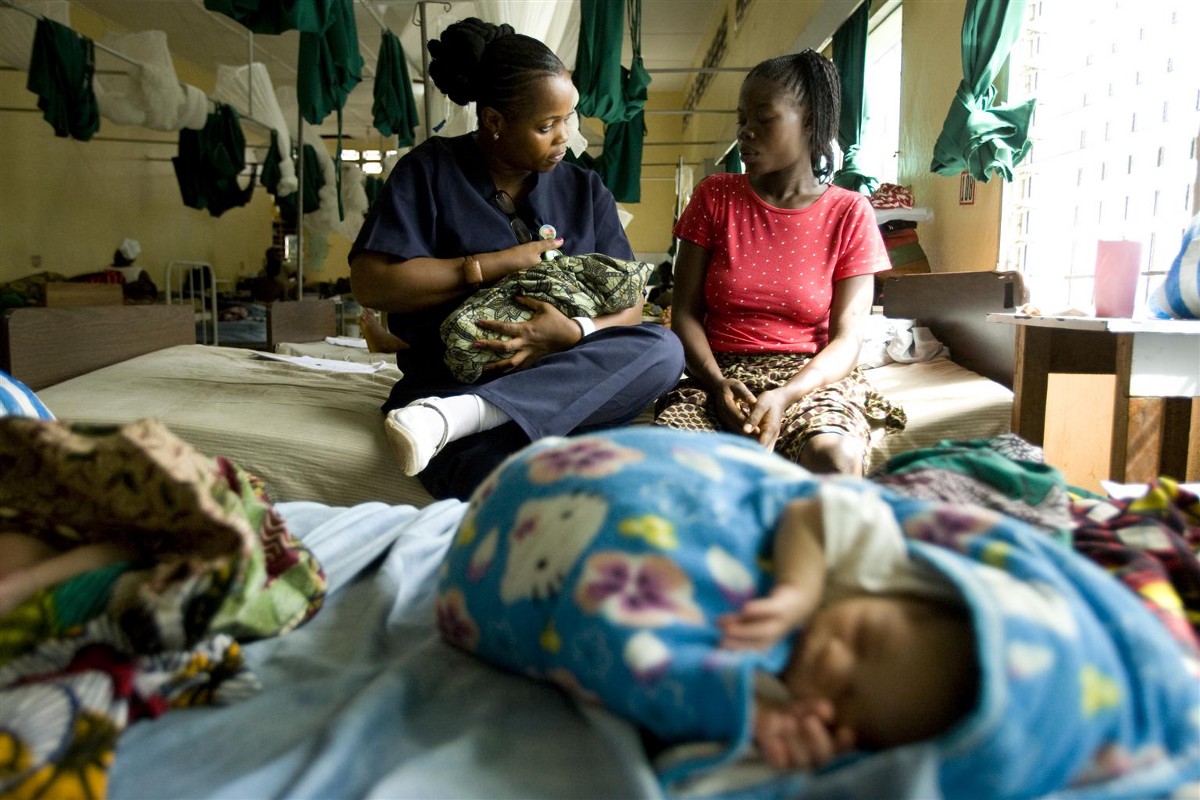A healthy start
2016-07-28
© UNICEF/UN02929/Rich
Breastfeeding gives babies their first vaccine and the healthiest nutrition at the start of life.
Placing a newborn on the mother’s east within the first hour of life is linked to lower risk of death and illness and can lead to successful breastfeeding practices.

© UNICEF/UNI134442/Sokol
Successful breastfeeding practices are neither free nor easy. They require skilled instruction and supportive environments. Facilities such as the Maternity Waiting Home in Mörön, Mongolia, where Ms. Munkchimeg prepares to give birth, can offer skilled lactation counselling for new mothers.

© UNICEF/UNI114992/Holt
Worldwide, 77 million children — more than half — are not put on their mothers’ east within an hour of birth, a first step towards successful breastfeeding practices. With breastfeeding, a mother shares elements of her immune system, which helps protect babies from disease as their immune systems develop.

© UNICEF/UNI125875/Asselin
Tengbeh Dukuly, a ward supervisor at Redemption Public Hospital in Monrovia, Liberia, shows Patience Karkuah how to correctly hold and breastfeed her newborn daughter. UNICEF and the World Health Organization recommend feeding babies breastmilk exclusively for the first six months of life.

© UNICEF/UNI114721/Pirozzi
Breastfeeding within the first hour of a baby’s life is a first step. But women need support from their families, communities and employers to continue breastfeeding. Working women, whether in formal or informal sectors, need encouragement, time and clean spaces to breastfeed or express milk.

© UNICEF/UNI88119/Ramoneda
Increasing breastfeeding rates has benefits for babies and mothers. It could save the lives of more than 820,000 children under age 5, lead to lower rates of obesity and contribute to a three- to four-point increase in IQ. For mothers, breastfeeding is linked to lower risk for east cancer and diabetes.









